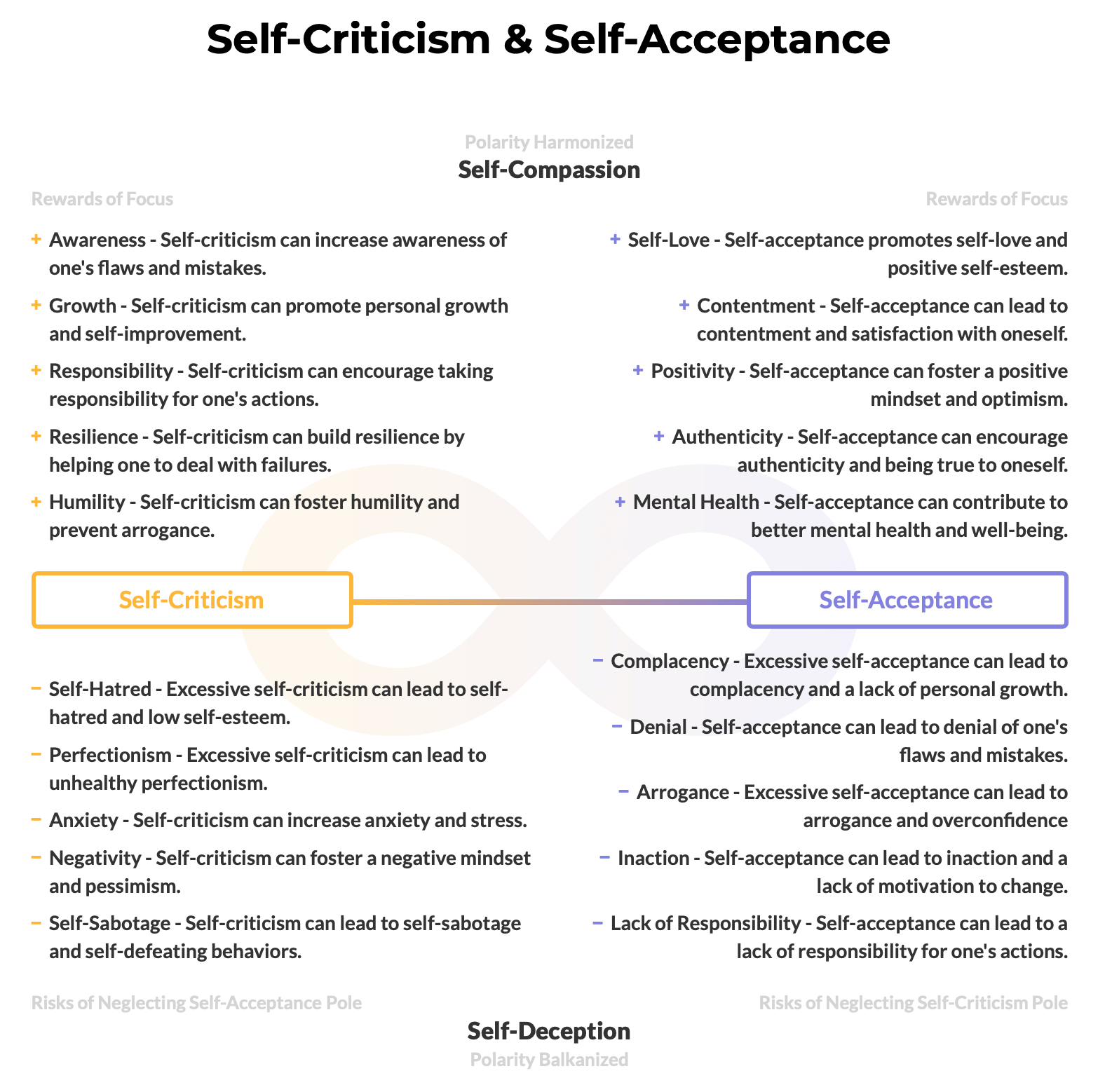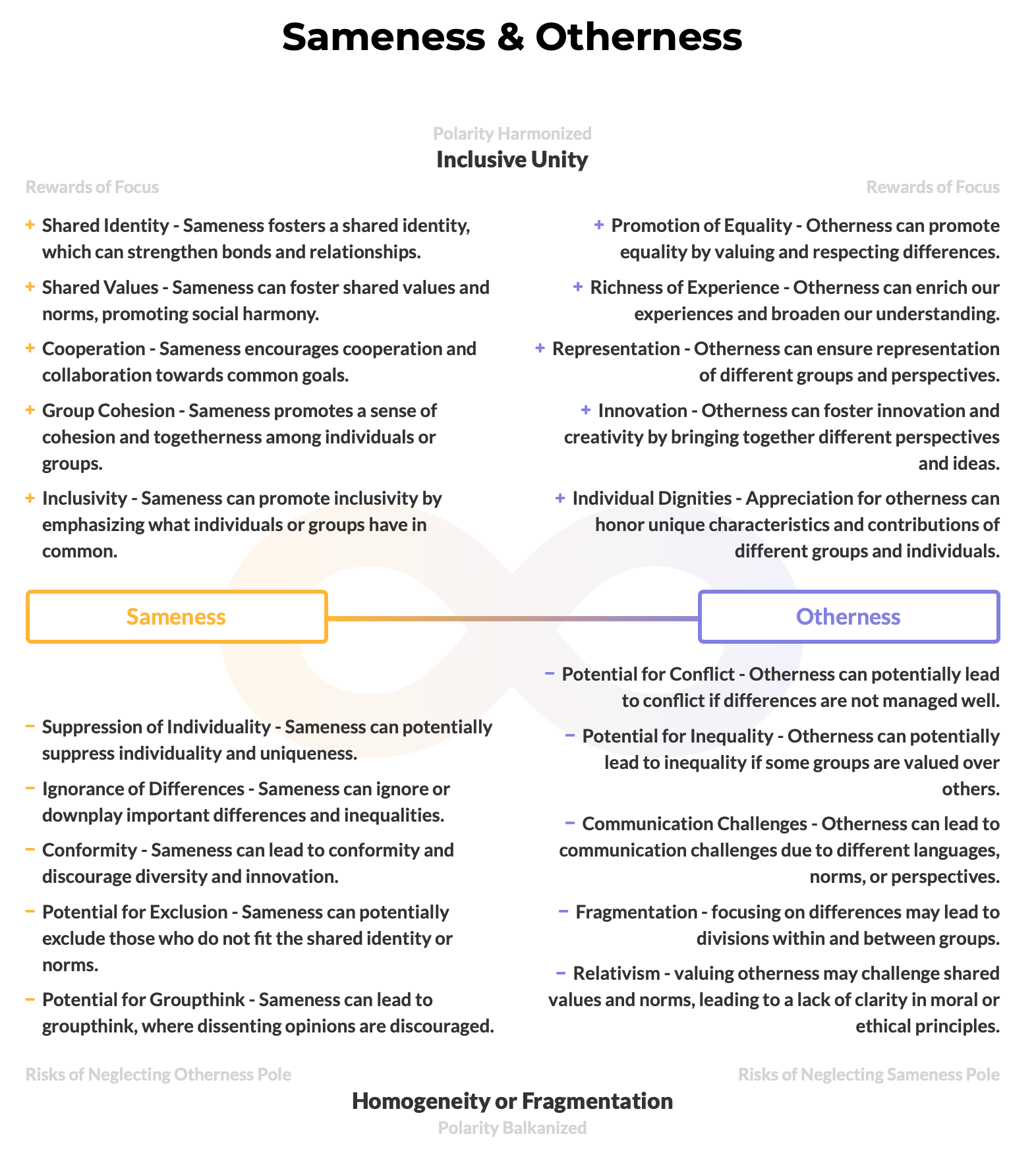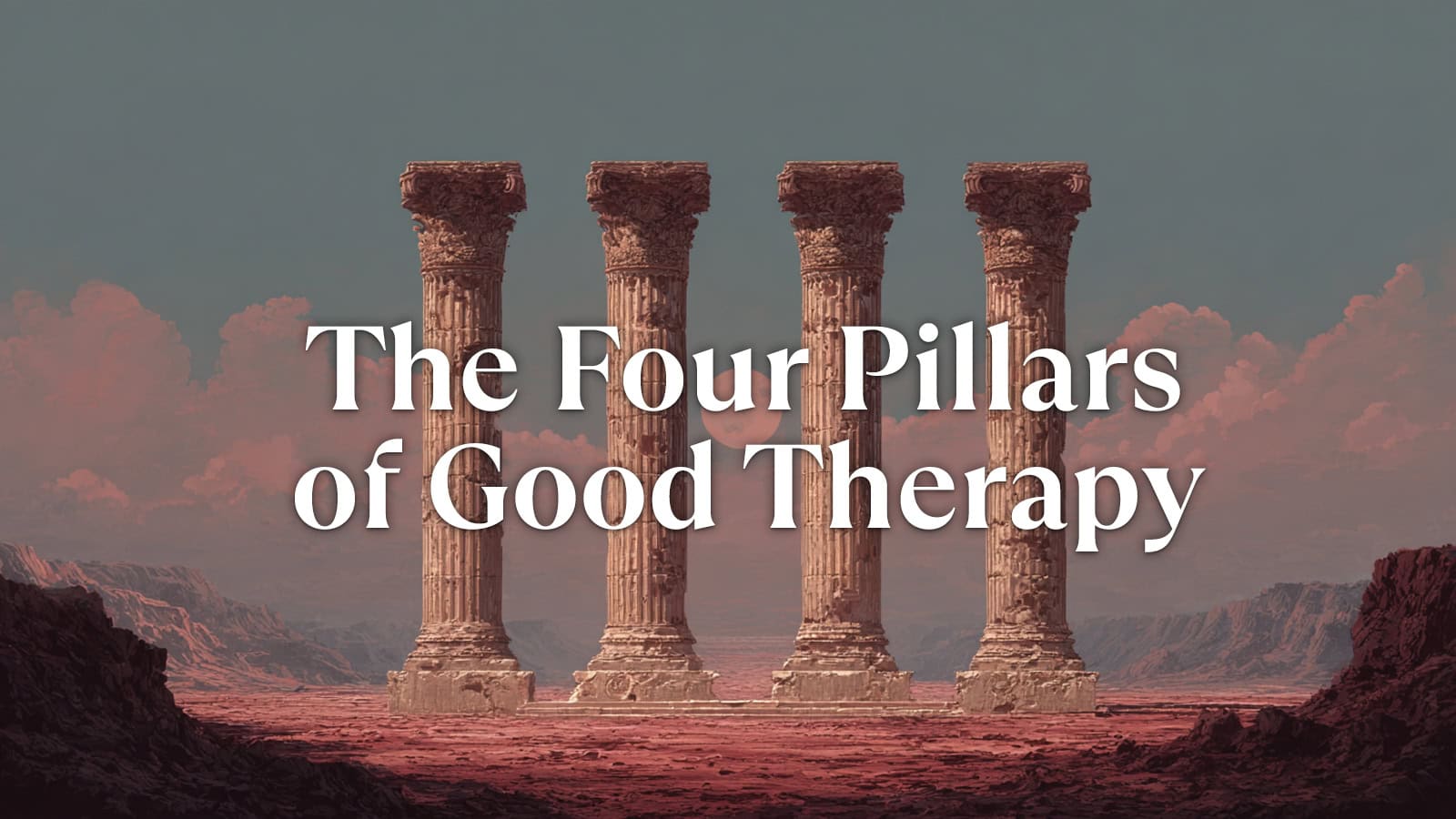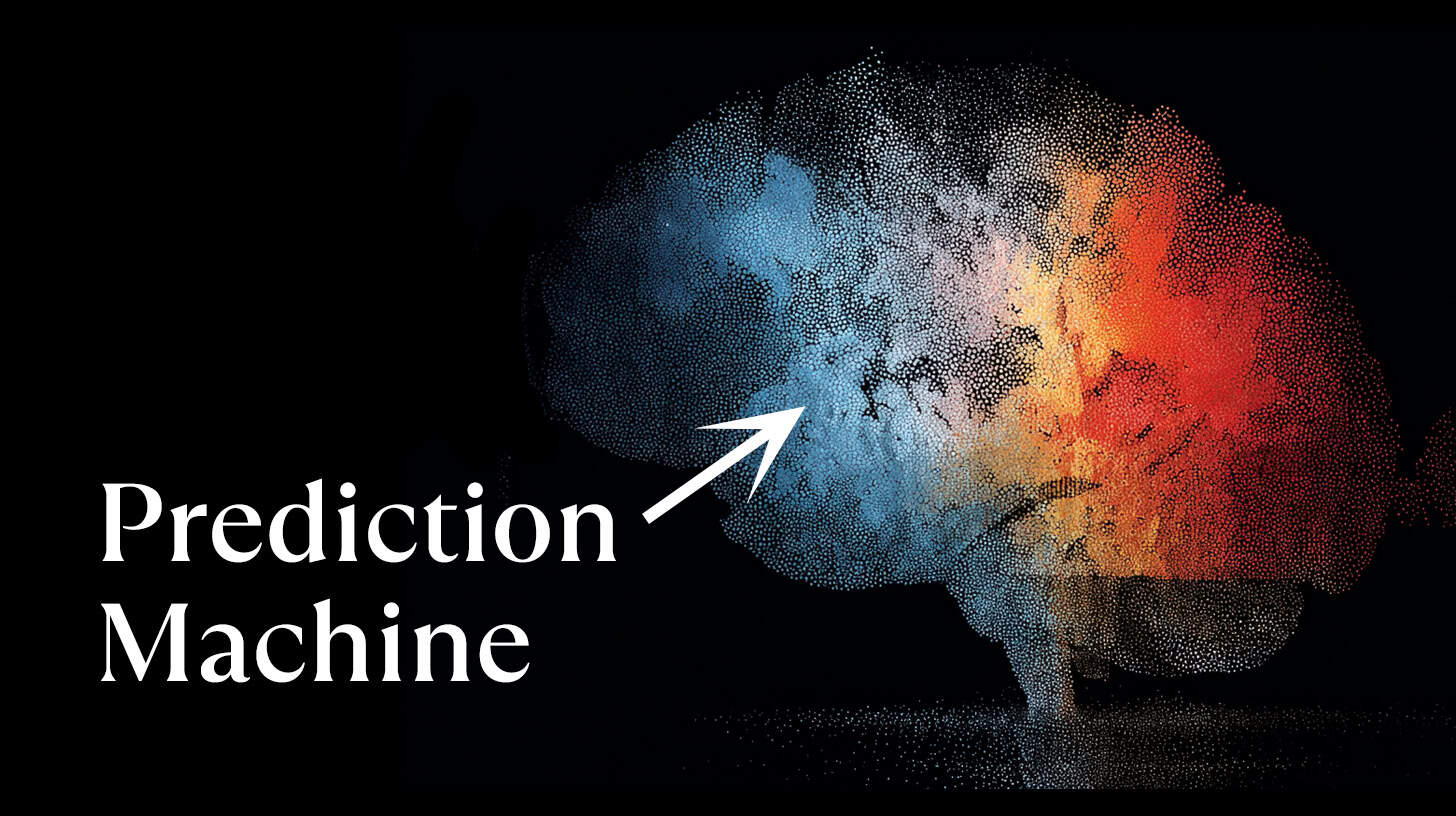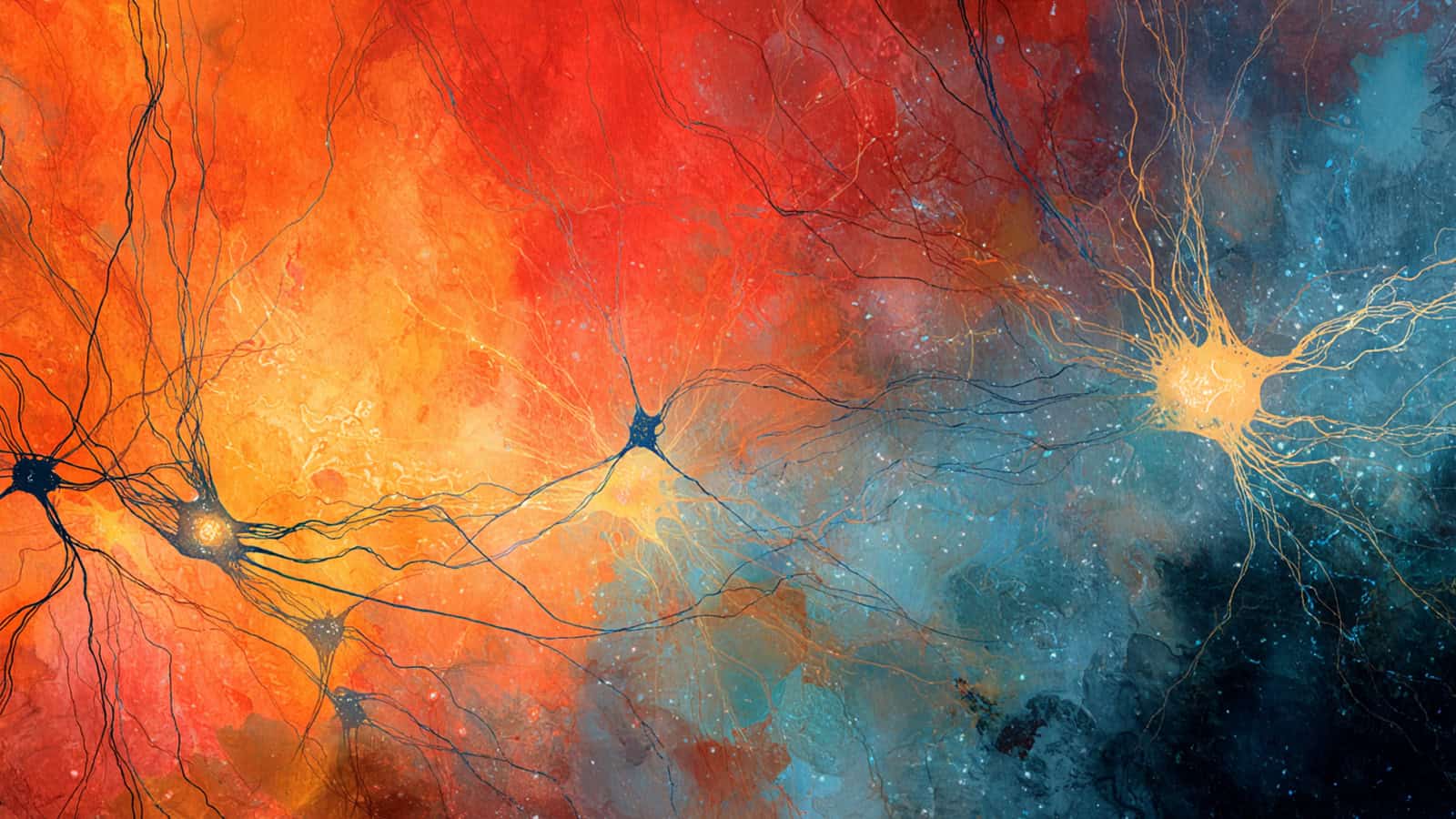Become a supporting member to watch the full conversation
Humanity is entering the Transformation Age, a new era of human civilization, with Integral Consciousness rising at its leading edge. Our members don’t use Integral Life as just another media subscription they use weekly or discard. Instead, most stay with us for years, using Integral Life to learn Integral Philosophy and build an integral mind slowly, methodically and when they need it. We’re here to help you shape the future that’s emerging no matter where your life takes you.
Get Full Access For $1 (7 days)* Or explore all membership plans → * Trial price for the first 7 days, then $20/month. Cancel or switch plans in 2 minutes at any time.Dr. Keith and Corey examine a troubling new trend in psychotherapy, where woke ideologies are being imposed in the therapist’s office and interfering with client-based approaches to mental health. Prompted by Lisa Davis’s insightful article “How Therapists Became Social Justice Warriors” in The Free Press, Keith and Corey delve into the evolving role of therapists in the current sociopolitical climate.
Keith and Corey also delve into the multiple stages of communication types, beginning with the constrained and rule-bound Amber Doctrine, where certain topics are sanctioned or made verboten. They then transition into the adversarial yet constructive Umber Debate, associated with Susanne Cook-Greuter’s Expert stage of development, followed by the open and exploratory exchange of Orange Dialogue. The sequence continues through the inclusive and empathetic Green Discourse, characterized by its inclusivity and consideration of diverse perspectives. Finally, they arrive at a more integral communication style, Teal enfoldment, a stage that embraces all previous stages and folds them into a holistic, integrated form of interaction.
The conversation doesn’t shy away from tackling controversial social issues, including racial tensions, privilege, and the concept of safe spaces. Keith and Corey discuss these issues in the context of current societal debates and their impact on therapy and education, attempting to honor the positive contributions of frameworks like critical race theory and critical social justice while also cautioning against their unhealthy, counterproductive, or even destructive aspects.
Dr. Keith and Corey also suggest a number of potential solutions for these issue, including:
Promoting Client-Focused over Ideologically-Focused Approaches: In the context of psychotherapy, they argue that being client-focused rather than ideologically-focused is crucial. Any ideologically-focused approach over a person-focused one can lead to problems.
Open Dialogue: They advocate for open dialogue as a means of addressing disagreements and conflicts. Instead of resorting to attacks or accusations, they suggest engaging in a constructive conversation to understand different perspectives.
Self-Observation: They recommend a practice of self-observation to strengthen personal experiences and insights. By observing and commenting on one’s own experiences, biases, and conditioning, individuals can enhance their understanding and awareness.
Polarity Thinking: Keith and Corey highlight the importance of polarity thinking as a way to navigate disagreements and conflicts. By recognizing the underlying polarities in a disagreement, it’s possible to move from a surface-level disagreement to a deeper understanding and agreement. This involves recognizing that what often appears as a disagreement is actually a focus on one pole of a polarity, and by exploring the polarity as a whole, it’s possible to find common ground and a more nuanced understanding.
Understanding Hierarchies: They propose that understanding the difference between dominator hierarchies and growth hierarchies can help in navigating social and interpersonal dynamics. They suggest that recognizing the value of growth hierarchies can lead to more productive interactions and relationships.
Emphasizing the Universal Donor Aspect of Integral Consciousness: This involves the ability of integral consciousness to resonate with people exactly where they are, acting as a ‘universal donor’. It can help individuals find the healthiest possible expression at their current stage of development, while also facilitating growth towards higher stages.

Related Polarities
Here are some of the most critical polarities to consider while listening to this broadcast.
Previous Episodes of Witt & Wisdom

Become a member to access the full episode
Start building your big picture mind & support the global emergence of Integral consciousness

“Integral Life is the most important and globally-relevant platform for the leading edge of Integral consciousness evolution”
– Eugene P.
About Keith Witt
Dr. Keith Witt is a Licensed Psychologist, teacher, and author who has lived and worked in Santa Barbara, CA. for over forty years. Dr. Witt is also the founder of The School of Love.
About Corey deVos
Corey W. deVos is editor and producer of Integral Life. He has worked for Integral Institute/Integal Life since Spring of 2003, and has been a student of integral theory and practice since 1996. Corey is also a professional woodworker, and many of his artworks can be found in his VisionLogix art gallery.


